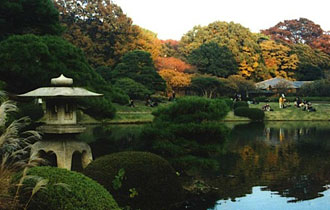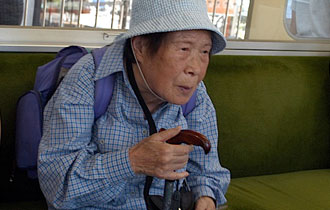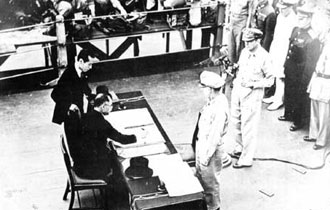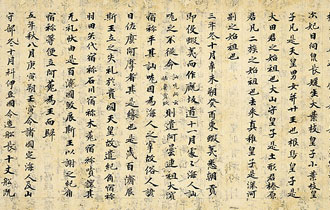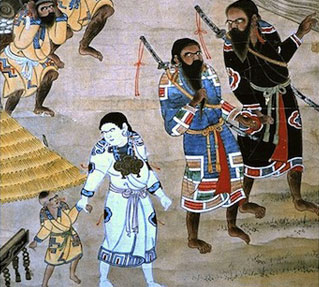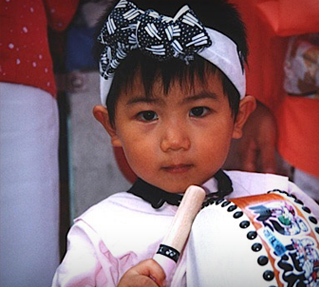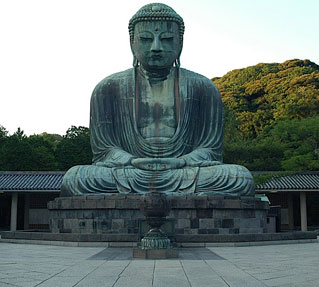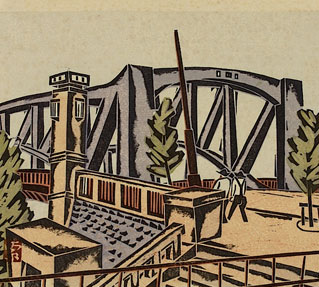Pages |
The exhilaration of victory turned into humiliation and anger one week later though, as German, Russia, and France demanded that the Japanese government give up its claim to the Liaodong Peninsula-an event known as the Triple Intervention. Unable to stand up to three great powers at once, the Japanese government was forced to comply. In reaction to the Triple Intervention and Russia's subsequent taking control of the Liaodong Peninsula in 1900, the Japanese government prepared for a war with Russia by increasing military expenditures and finding a powerful ally of its own. They succeeded in their search for an ally in July 1902, when the government signed an alliance with Great Britain.
Leading Japanese generals had planned on winning control of the Liaodong Peninsula of Manchuria as a way of securing Korea. This followed a strategic logic explained by Prime Minister Yamagata Aritomo at the opening session of the Diet in 1890. As he explained,
"The independence and security of the nation depend first upon the protection of the line of sovereignty and then the line of advantage. . . . If we wish to maintain the nation's independence among the powers of the world at the present time, it is not enough to guard only the line of sovereignty; we must also defend the line of advantage . . . and within the limits of the nation's resources gradually strive for that position (Hackett 1971: 138)."
Yamagata declared that Japan's security depended on the establishment of Japanese influence beyond its actual territorial limits. In 1890, this "line of advantage" referred to Korea, and later it would be extended to include Manchuria and areas beyond.
As Russian intervention in Manchuria and Korea appeared to the Japanese government as a threat, in February 1904 Japan declared war on Russia. The Japanese military, in particular the navy, eventually defeated the Russian forces, but the cost in casualties was ten times higher than that in the Sino-Japanese War. The resulting peace treaty signed at Portsmouth, New Hampshire, resulted in Japan's winning recognition of its interests in Korea, the lease of the Liaodong Peninsula, railway rights in southern Manchuria, and the acquisition of the southern half of the island of Sakhalin, which the Japanese named Karafuto.
Taiwan
The aboriginal inhabitants of Taiwan were Malayo-Polynesians, and they had little or no cultural affiliation with China. After the Qing regime wrested control of Taiwan from Ming loyalists and pirates and placed it under the administration of Fujian province in 1683, however, Chinese immigrants began to arrive. By the mid-nineteenth century, the majority of Taiwan's inhabitants were Han Chinese. In 1886, Taiwan became an independent province of China.
After the Treaty of Shimonoseki in 1895, to govern Taiwan the Japanese Diet created the office of Governor-General. They granted the Governor-General authority to issue any executive ordinances he saw fit. The system resembled the British colonial system of separate government.
Most Japanese saw the control of Korea and Southern Manchuria as the primary goals of the Sino-Japanese War, so it was somewhat of a surprise when Prime Minister Itō Hirobumi forced the Chinese government to cede Taiwan to the Japanese empire. Japan was not prepared to administer a large, semi-tropical colony, and so it had to start from scratch. Additionally, after the Treaty of Shimonoseki was signed, both Han Chinese and Aborigines rose in rebellion, and a group of local elites tried to establish an independent republic. Although resistance against the Japanese was divided and chaotic, it continued, with support from the Aboriginal community in particular, until 1902.
Pages |


